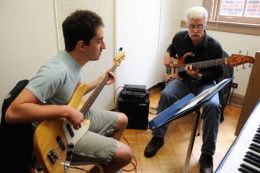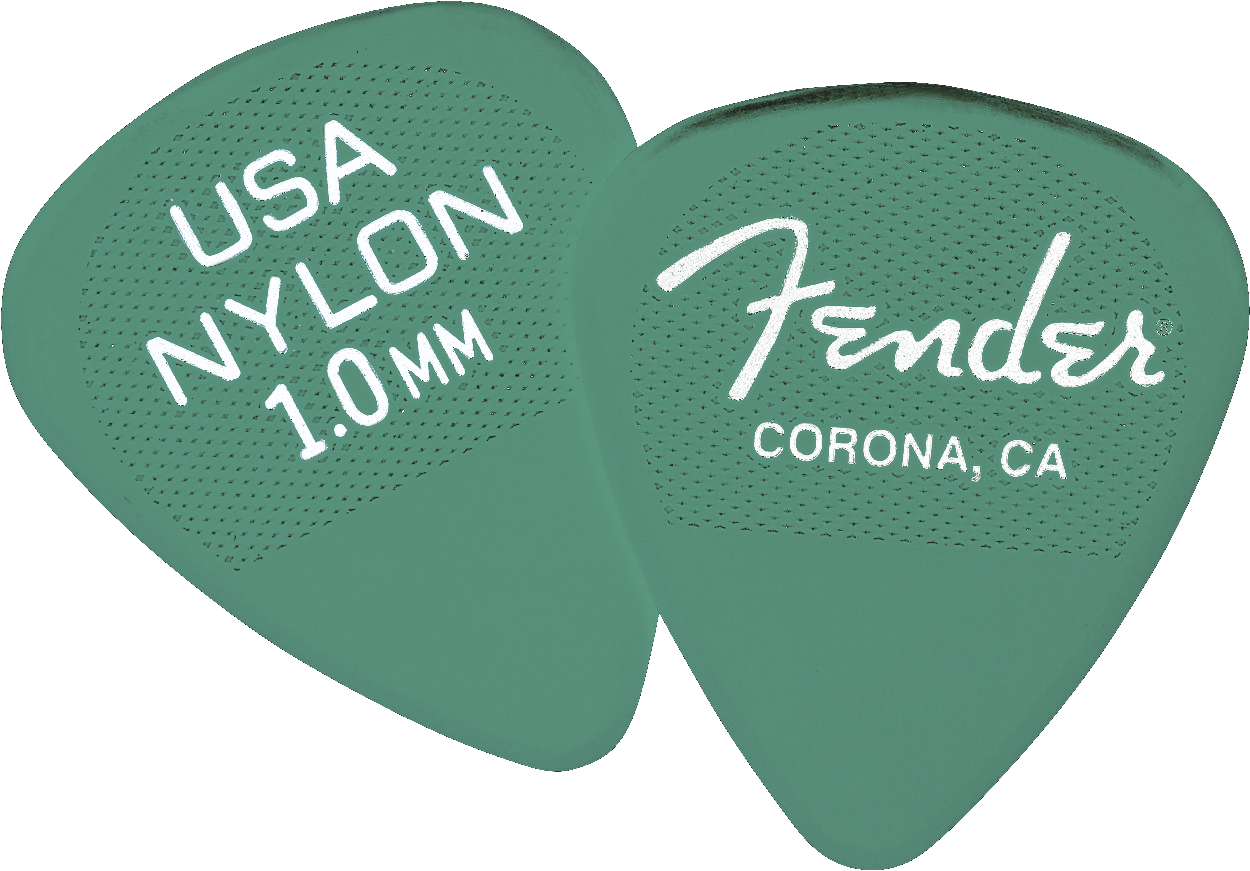
“I would love to learn to play an instrument but I don’t have what it takes.”
We have heard this kind of statement plenty of times and we are always surprised by this defeatist attitude. While playing any instrument does require certain skills, it is – pun intended – within the grasp of most people!
True, most of us are not Mozarts (or Einsteins, for that matter), but that shouldn’t stop us from taking – and enjoying – music lessons.
How do you know you “don’t have what it takes” if you haven’t given it a fair chance?
Let’s start with the basics: mental skills that will help you learn to play (we’ll talk about physical skills in a minute). Basically, these skills are the same as the ones needed for any kind of learning, and not just music.
For instance:
Setting realistic goals: We underline “realistic” because that’s the key to success. If you decide to learn to play so you can become a virtuoso and perform in the most famous concert halls, well, it may happen. But more likely than not, you will not rise to the top ranks, at least not immediately. In order not to become frustrated and disappointed (and want to give up your lessons altogether), set realistic goals for yourself, such as becoming as skilled as you can in your particular instrument, or mastering a certain piece of music. Realistic goals are more reachable and, therefore, more satisfying in the end.
Patience and perseverance: Rome, as the saying goes, was not built in a day, and mastering an instrument takes time too. Also, progress will sometimes be quick and at other times slow – and that is totally normal when you are learning something new – so you have to be prepared for those peaks and valleys and not be tempted to quit each time you hit a bump in the road.
Good practice habits: If you don’t practice in between your lessons, you will not make much progress – need we even say that? Practice is important because it reinforces what you had learned with your teacher, gives you a chance to correct whatever passages / pieces / techniques pose a problem for you, and prepares you for your next lesson.
Johann Sebastian Bach famously noted that “it’s easy to play any musical instrument: all you have to do is touch the right key at the right time and the instrument will pay itself.”
We must tell you that, as much as we adore Bach, your piano, guitar, trumpet, or double bass will NOT play itself! Besides the above-mentioned mental skills, you also need physical abilities to get a musical sound out of your instrument – such as dexterity, correct posture, and right breathing techniques.
The good news is that a good music teacher can help you develop all of the above techniques so that you not only sit (or stand) pretty with your instrument, but also avoid aches, soreness, and shortness of breath. Yes, it’s a process, but a process worth learning!
We can assure you that our music teachers are trained and experienced in helping students master all of the above skills – both mental and physical. During a lesson in your Manhattan, Brooklyn, or Riverdale home or office, the teacher will help you with whatever hurdles you thought prevented you from learning to play music. Now, isn’t this worth a try?
